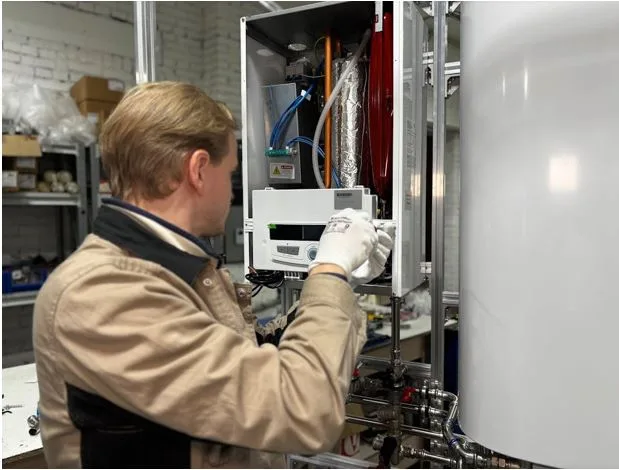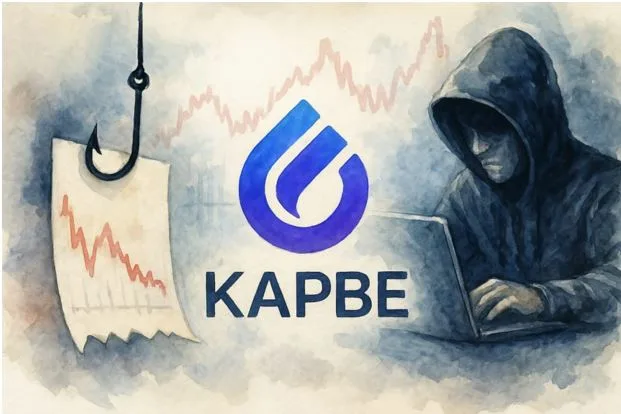Second Chance Banking: A Smart Step Toward Financial Stability
Financial setbacks happen to the best of us. Whether it’s a few missed payments, an overdrawn account, or a banking history that raises concerns for financial institutions, past mistakes can feel like an obstacle to progress. Fortunately, there’s a practical solution designed to help individuals rebuild trust and regain control over their finances: second-chance banking.
This form of banking provides an alternative for people who may have been denied access to a standard checking account. It’s a bridge between financial hardship and long-term stability — one that many credit unions and community-focused institutions proudly offer. Opening a second chance checking account can provide a structured and supportive environment for individuals looking to rebuild their financial habits and regain access to essential banking services.
Why Financial Institutions Offer Second Chances?
Traditional banks often rely on tools like chexsystems to evaluate an applicant’s banking history. If someone has bounced checks, unpaid fees, or a closed account in their past, they may be flagged as a high risk. As a result, even the basic services many people take for granted — like direct deposit or paying bills online — can become inaccessible.
Second-chance banking exists to help people move past these challenges. Rather than focusing solely on prior mistakes, these programs look forward, offering customers a way to rejoin the financial system under a set of supportive, structured conditions.
Key Features And Benefits
While offerings may vary between institutions, most second-chance accounts include features such as:
- Low or no minimum balance requirements.
- Online banking and mobile app access.
- Direct deposit capability.
- Debit card for everyday purchases.
- Clear guidelines to help restore your financial standing.
In some cases, accounts may come with monthly fees or transaction limitations, but these terms are usually designed to encourage responsible financial habits and prevent repeat mistakes.
Who Can Benefit From Second Chance Options?
These accounts are ideal for individuals who:
- Have a negative banking history with overdrafts or unpaid fees.
- We were previously denied a checking account.
- Need to re-establish financial credibility.
- They are working to improve their credit or financial discipline
For many, the opportunity to start fresh is more than just a convenience — it’s a necessary step toward independence and future success.
A Path To Full Financial Access
Most second-chance banking programs are designed with progress in mind. Account holders may be entitled to upgrade to a conventional checking account with additional advantages and fewer restrictions after maintaining good standing for a certain amount of time, usually six to twelve months.
This progression rewards responsible banking habits and encourages members to stay on track with their financial goals.
How Credit Unions Are Leading The Way?
Community-based institutions like credit unions have embraced second-chance programs as part of their mission to support all members, regardless of their past. Credit unions place more emphasis on financial inclusion and education than do big banks, which are more concerned with shareholder profits.
By providing one-on-one support, resources for budgeting, and pathways to better financial products, credit unions create an environment where people feel empowered — not judged.
Building Confidence And Creating Habits
At its core, second chance banking is about more than just access — it’s about creating healthy financial habits that last. Regular account monitoring, automatic bill pay, and budgeting tools can help individuals stay organized and avoid the pitfalls that may have tripped them up in the past.
Moreover, rejoining the banking system can lead to other important milestones, such as:
- Building a positive banking history.
- Qualifying for loans or credit cards.
- Securing housing or employment that requires direct deposit.
- Gaining peace of mind and financial dignity.
Conclusion
Everyone deserves an opportunity to grow beyond their past financial mistakes. Second-chance banking is a smart, supportive step toward long-term financial wellness. By offering fair access, useful tools, and the chance to rebuild, these programs help individuals move forward with confidence. If you’re ready to take control of your finances again, consider reaching out to a local credit union or community financial institution to learn how second-chance banking could be the beginning of your next chapter. A stable, secure financial future may be closer than you think.






